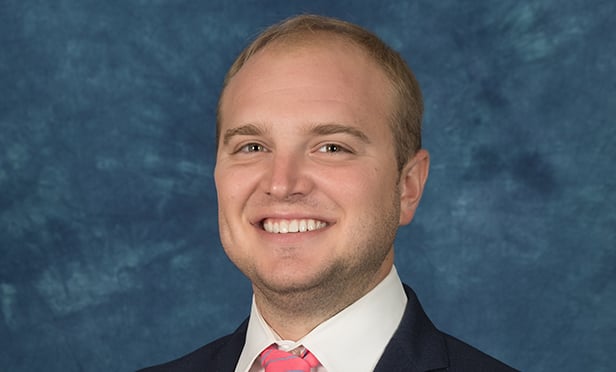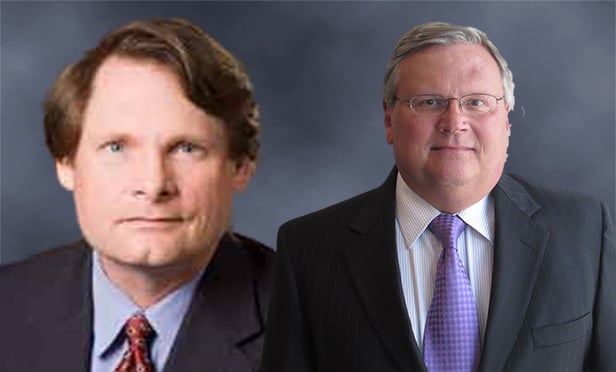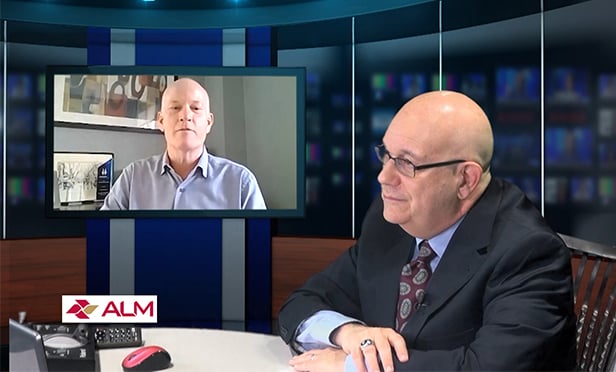(Save the date: RealShare New York comes to the Grand Hyatt, New York, NY, October 9.)
NEW YORK CITY-Taking yet another step toward its goal of developing new spaces for high technology and innovation, the City of New York is partnering with Columbia University to create a new institute for data sciences and engineering at the school’s Morningside Heights and Washington Heights campuses, officials said at a press conference this morning. Under the agreement, the city and the university plan to create 44,000 square feet of space for the program and add 75 new facility members over the next decade and a half.
The plan – which falls under the Bloomberg administration’s Applied Sciences NYC initiative – is the latest milestone in the city’s long-term agenda to diversify the economy and dramatically increase New York’s capacity as a hub for science and engineering.
“It will encourage the growth of the tech sector in Northern Manhattan, and in the process help solidify our city’s leadership,” Mayor Michael Bloomberg said at the conference. “Columbia’s Fu Foundation School for Engineering and Applied Sciences is already a nationally recognized center of excellent education and engineering innovation, and in recent years, it has continued to rise in independent academic rankings, and that’s true despite the fact that it currently has one of the smallest, although most talented, faculties of any major engineering school. The partnership we are launching will help Columbia launch a new institute that will give the university a faculty that matches in size as well as quality.”
As part of the agreement, Columbia will contribute at least $80 million in private investment to project, which will fund the expansion and upgrading its engineering facilities in Morningside Heights and Washington Heights to accommodate the new institute. On the municipality’s end, the city is agreeing to contribute $15 million over the next few decades for the project, which is contingent on Columbia reaching benchmarks such as hiring new professors by 2030 and re-using existing buildings for the school.
Bloomberg said the school will include create five centers crucial to strengthening and broadening New York City’s economy, including a new media center focused on digital and social media; a smart cities center that will address such vital questions as creating green infrastructure and smart grid power technology; a health analytics center that will coordinate research in medicine and biology in computer sciences and applied mathematics; a cyber security center focused on data security and privacy; and a financial analytics center devoted to applying engineering principals to financial markets.
As a whole, Bloomberg said the initiative has the potential to create more than 4,500 jobs over the next three decades, most of them resulting from the roughly 100 start-up firms expected to spin-off from the research that will be done at the school. The institute is expected to have nearly a $4 billion impact on the local economy and generate nearly $150 million in city and tax revenue, what Bloomberg said is some 10 times greater than the city’s initial investment.
“Creating that kind of dramatic transformative economic impact is precisely why well over a year ago we challenged universities from near and far to submit proposals for establishing or expanding their presence in the applied sciences here in our city,” he said. “Responses from Columbia and from other schools were more exciting and riper with potential than we ever hoped they would be.”
In recent months, the city has also selected Cornell and Technion University to construct a state-of-the-art two-million-square-foot applied science campus on the old Goldwater Hospital site on Roosevelt Island and unveiled a partnership with New York University on a Center For Urban Science and Progress in Downtown Brooklyn as part of the Applied Sciences NYC initiative. Over time, Bloomberg expects the entire program to generate $33 billion of investment.
On welcoming the new institute to the neighborhood, Columbia University president Lee Bollinger commented: “When you consider cities in America as the leadership of the modern knowledge economy, everyone realizes, or should realize, that it is strong universities that are the basis of innovation,” describing that the university will play an “essential role” in the city’s future.
© 2025 ALM Global, LLC, All Rights Reserved. Request academic re-use from www.copyright.com. All other uses, submit a request to [email protected]. For more information visit Asset & Logo Licensing.







